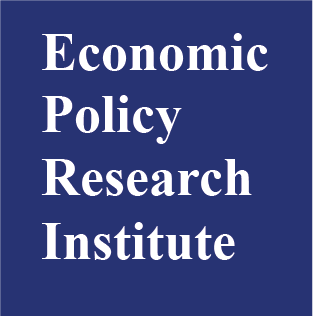
Executive Summary
In Sub-Saharan Africa, the number of core social protection programmes has grown from 25 in 2000 to 245 in 2012, and real expenditure has more than tripled from 1995 to 2011, representing a powerful political commitment to investment in social protection. Many African governments and their development partners and civil society counterparts increasingly view financial inclusion as a complementary approach to expanding social protection in order to not only tackle poverty, vulnerability, inequality and social exclusion but also to broadly promote developmental impacts that contribute to pro-poor and inclusive economic growth.
As the centre of social protection strategy-building has shifted from social ministries to economic institutions within governments in Africa (including finance ministries and planning commissions), policy-makers have elevated their expectations on the developmental impact of social protection programmes. This transition has emerged in light of an evolving evidence base that demonstrates how social protection produces synergies with other policy sectors in order to build human capital, strengthen livelihoods engagement, generate local economy multipliers and reinforce social inclusion that fortifies both investor confidence and the ability of governments to implement pro-poor and developmental economic reforms. Increasingly governments in Africa are piloting and adopting financially inclusive mechanisms for delivering social protection benefits, investing in technologies with significant fixed systems-related expenditures but which generate substantial long-term cost efficiencies while improving delivery reliability and providing information, communications and financial services to beneficiaries households.
This report presents the results of research commissioned by the MasterCard Foundation and produced by the Economic Policy Research Institute aimed at strengthening the evidence base surrounding financial inclusion strategies linked to social protection programmes. The report develops case studies of eight African countries: Ethiopia, Ghana, Kenya, Malawi, Rwanda, Tanzania, Uganda and Zambia.
Specifically, this report addresses the following questions:
- Which African models of financial inclusion are most successful?
- How can these be scaled up to a national level (addressing the issues of financing and the distribution of responsibilities)?
- What are the best practices, programmes and policies supporting financial inclusion for poor households?
- How can a more relevant and effective global evidence base of these practices better enable financial inclusion linkages with social protection?

